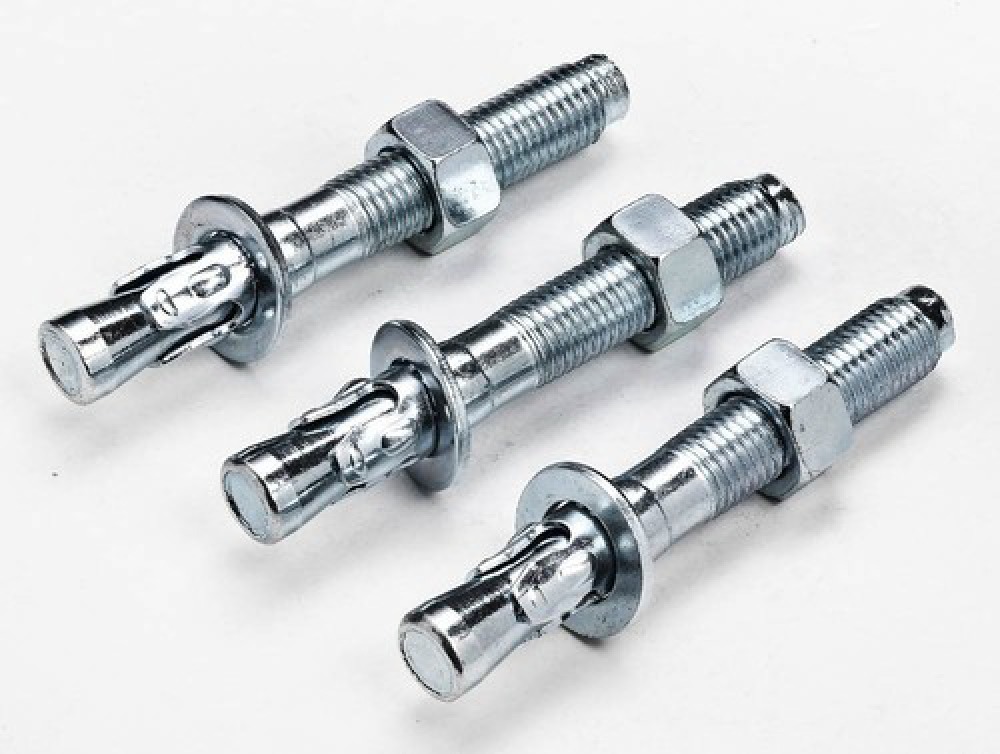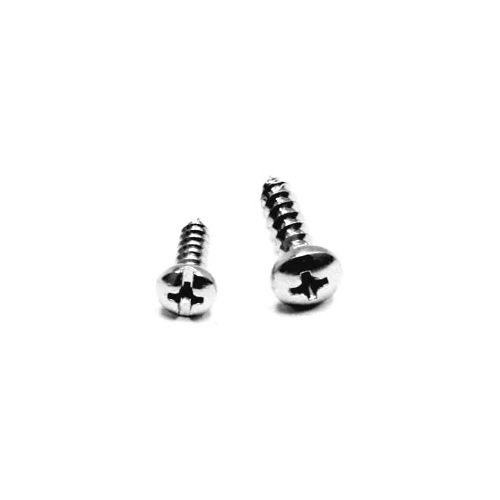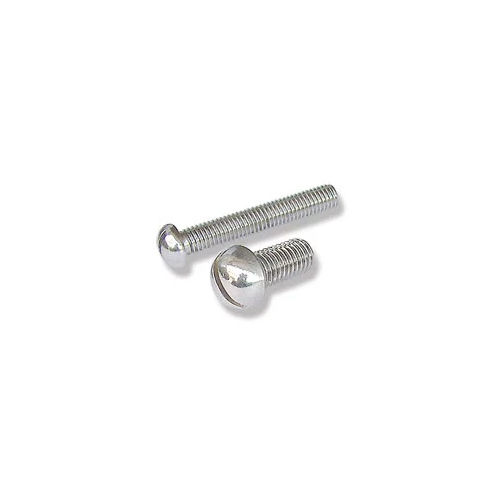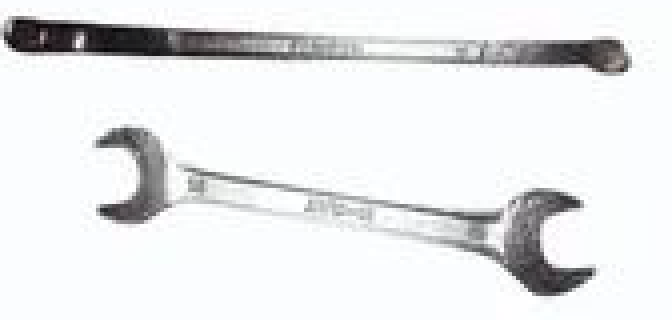Anchor Fastener Bolt
Anchor Fastener Bolt Specification
- Usage
- Industrial
- Material
- Mild Steel
- Size
- 2 iIch
- Color
- Silvar
- Screw Size
- Yes
- Finish
- Coated
Anchor Fastener Bolt Trade Information
- Minimum Order Quantity
- 500 Pieces
- Delivery Time
- 5 Days
- Main Domestic Market
- All India
About Anchor Fastener Bolt
Sure! Here's a 500-word description of anchor fasteners:
Anchor Fasteners: An Essential Component in Construction and Engineering
Anchor fasteners are specialized devices used to connect or secure structural and non-structural elements to concrete, brick, stone, or other base materials. These fasteners are crucial in construction, manufacturing, and infrastructure projects, offering strong and lasting stability for installations that require firm attachment to solid surfaces. Their role is vital in maintaining the structural integrity and safety of buildings, machinery, and installations in both residential and commercial settings.
Purpose and Function
The primary function of anchor fasteners is to provide a secure hold between objects and base materials that cannot be directly tapped or screwed into. They are commonly used to fix heavy equipment, support beams, handrails, shelves, HVAC units, pipes, and even signage onto concrete or masonry walls. Because these base materials tend to be hard and brittle, direct fastening methods are ineffective or unsafe. Anchor fasteners solve this problem by expanding, gripping, or chemically bonding within the material, ensuring a durable connection.
Types of Anchor Fasteners
There are several types of anchor fasteners, each suited to specific applications:
-
Mechanical Anchors: These rely on physical expansion or deformation within the drilled hole to create a secure grip.
- Wedge Anchors: Expand when the bolt is tightened, ideal for heavy-duty applications.
- Sleeve Anchors: Expand a metal sleeve against the sides of the hole, suitable for medium-load applications.
- Drop-in Anchors: Installed into pre-drilled holes and expand with a setting tool.
-
Chemical Anchors (Adhesive Anchors): These use a resin or epoxy to bond the anchor to the base material. They provide high load capacity and are excellent for overhead or tension-critical applications.
-
Toggle Bolts and Hollow Wall Anchors: These are used for hollow base materials like drywall or hollow concrete blocks. They feature spring-loaded wings or toggles that expand behind the wall, spreading the load over a larger area.
-
Concrete Screws: These are self-tapping and do not require expansion or adhesives. They are quick to install and remove, making them ideal for temporary structures.
Materials and Coatings
Anchor fasteners are typically made from steel, stainless steel, or other corrosion-resistant alloys to ensure strength and longevity. In outdoor or marine environments, coatings such as zinc plating or hot-dip galvanization are applied to prevent rust and degradation over time.
Benefits
Anchor fasteners offer numerous advantages:
- High Load Capacity: Especially in mechanical and chemical anchors, offering reliable support for heavy-duty installations.
- Versatility: Suitable for various materials, environments, and load conditions.
- Safety: Ensure structural stability and minimize the risk of failure under load or stress.
- Ease of Use: Available in different sizes and types to match specific installation needs, and many are designed for quick and efficient use.
Conclusion
Anchor fasteners are indispensable in modern construction and engineering. Their ability to securely attach components to solid materials underpins the strength and durability of countless structures. By selecting the right type of anchor for the application, professionals can ensure safety, performance, and longevity in every project.
We accept orders with minimum quantity of 50 pcs.


Price:
- 50
- 100
- 200
- 250
- 500
- 1000+
More Products in Induastrial Screws Category
Head Wood Screws
Price 115.0 INR / Piece
Minimum Order Quantity : 100 Pieces
Usage : Industrial
Size : As per required
Finish : polished
Quality Level : High
Slotted Round Head Machine Screw
Price 50.0 INR / Piece
Minimum Order Quantity : 100 Pieces
Usage : Industrial
Size : 3/16" to 1/2" Inch
Finish : polished
Quality Level : High
Ring And Double Open End Spanner
Price 750.0 INR / Set
Minimum Order Quantity : 50 Pieces
Usage : Industrial
Size : 10
Finish : Galvanized
Quality Level : High





 English
English Spanish
Spanish French
French German
German Italian
Italian Chinese (Simplified)
Chinese (Simplified) Japanese
Japanese Korean
Korean Arabic
Arabic Portuguese
Portuguese